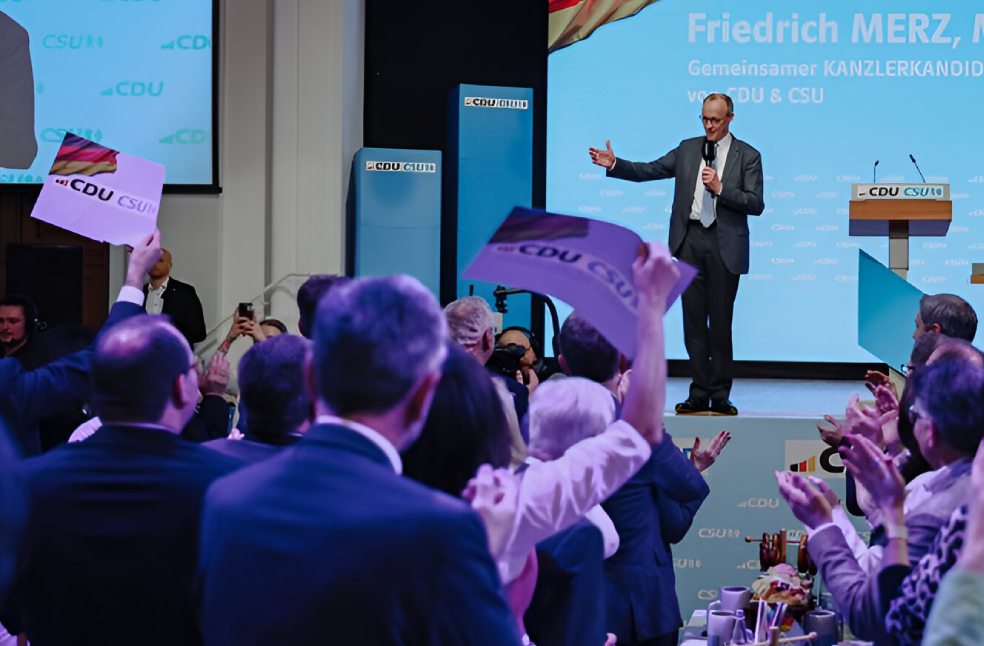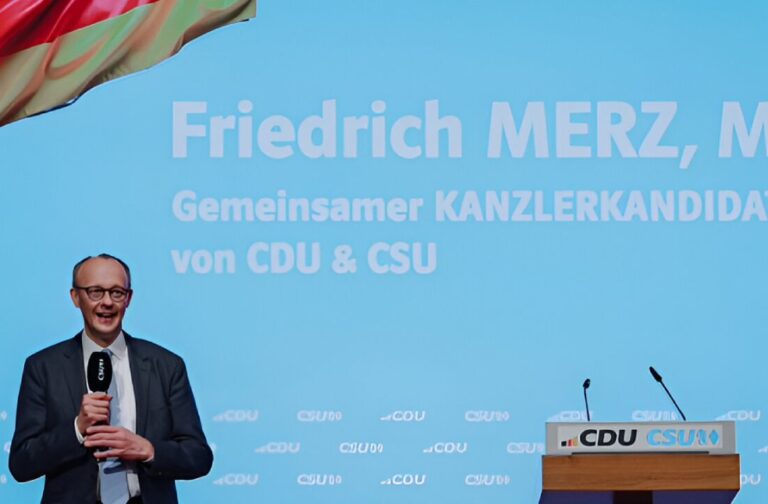Germany: Germans have headed to the polls in a highly anticipated election that will determine the country’s next leader, following an intense campaign dominated by economic concerns and national security issues.
Conservative leader Friedrich Merz, 69, is the frontrunner to succeed Olaf Scholz as chancellor, with his Christian Democrats (CDU) positioned to win the most votes. However, he will likely need to form a coalition, potentially with Scholz’s Social Democrats (SPD), whose government collapsed late last year.
Polling stations opened at 08:00 (07:00 GMT) and will close at 18:00, with preliminary results expected in the evening. While millions have already voted by mail, up to 20 percent of voters remained undecided on the eve of the election.
The far-right Alternative for Germany (AfD) is on track to become the second-largest party, ahead of Scholz’s SPD, signalling a major shift in German politics. Merz has ruled out any coalition with the AfD, despite accusations of previously relying on their parliamentary support.
AfD’s rise has been fueled by growing discontent over migration and security, particularly after five deadly attacks since last May, including three during the election campaign. A recent stabbing at Berlin’s Holocaust memorial, allegedly carried out by a Syrian man with an antisemitic motive, has kept immigration at the centre of the debate.

The party’s controversial “remigration” policy—calling for the deportation of migrants who have committed crimes—has resonated with voters in both eastern and western Germany, particularly in struggling industrial areas. In Duisburg’s Marxloh district, once a hub of coal and steel production, young voters reward economic struggles and lack of opportunities as reasons for supporting the AfD.
Merz has pledged to revive Germany’s economy and modernise its infrastructure within four years—an ambitious task for Europe’s largest economy. The country also faces mounting pressure to increase military spending, particularly as the second-largest provider of military aid to Ukraine.
The election’s outcome is closely watched in Europe and the U.S., with concerns over Germany’s role on the world stage. U.S. Vice-President JD Vance’s recent meeting with AfD’s chancellor candidate, Alice Weidel, and calls to normalize dialogue with the far right have sparked controversy in Berlin.
With the Bundestag slimmed down to 630 seats, the final composition of the next government will depend on which smaller parties cross the 5 percent threshold. The Free Democratic Party (FDP) and left-wing populist BSW risk falling short, while the resurgent Left party could become the fifth-largest political force. As Germany faces critical decisions at home and abroad, today’s vote marks a defining point in the country’s political landscape.



